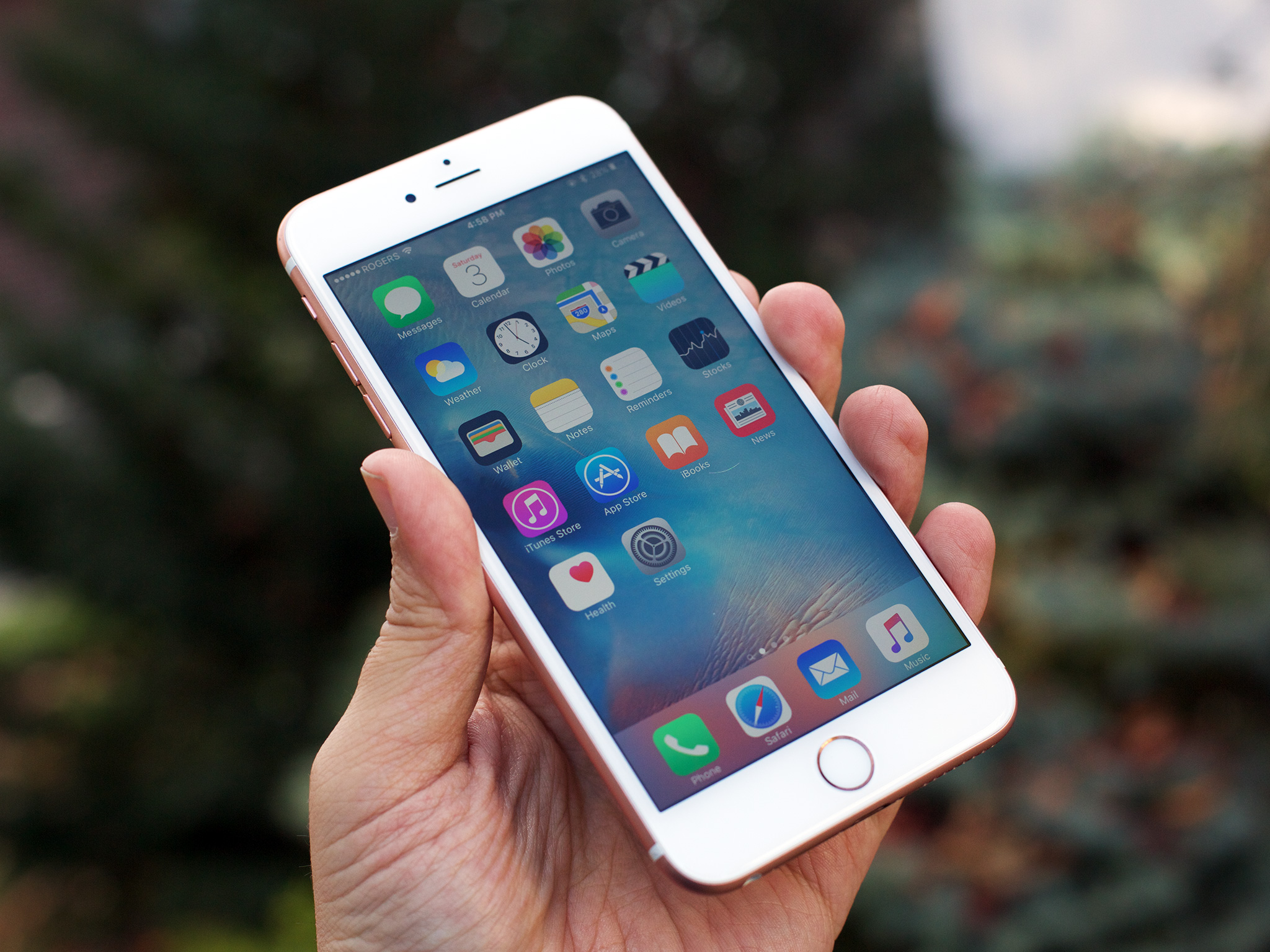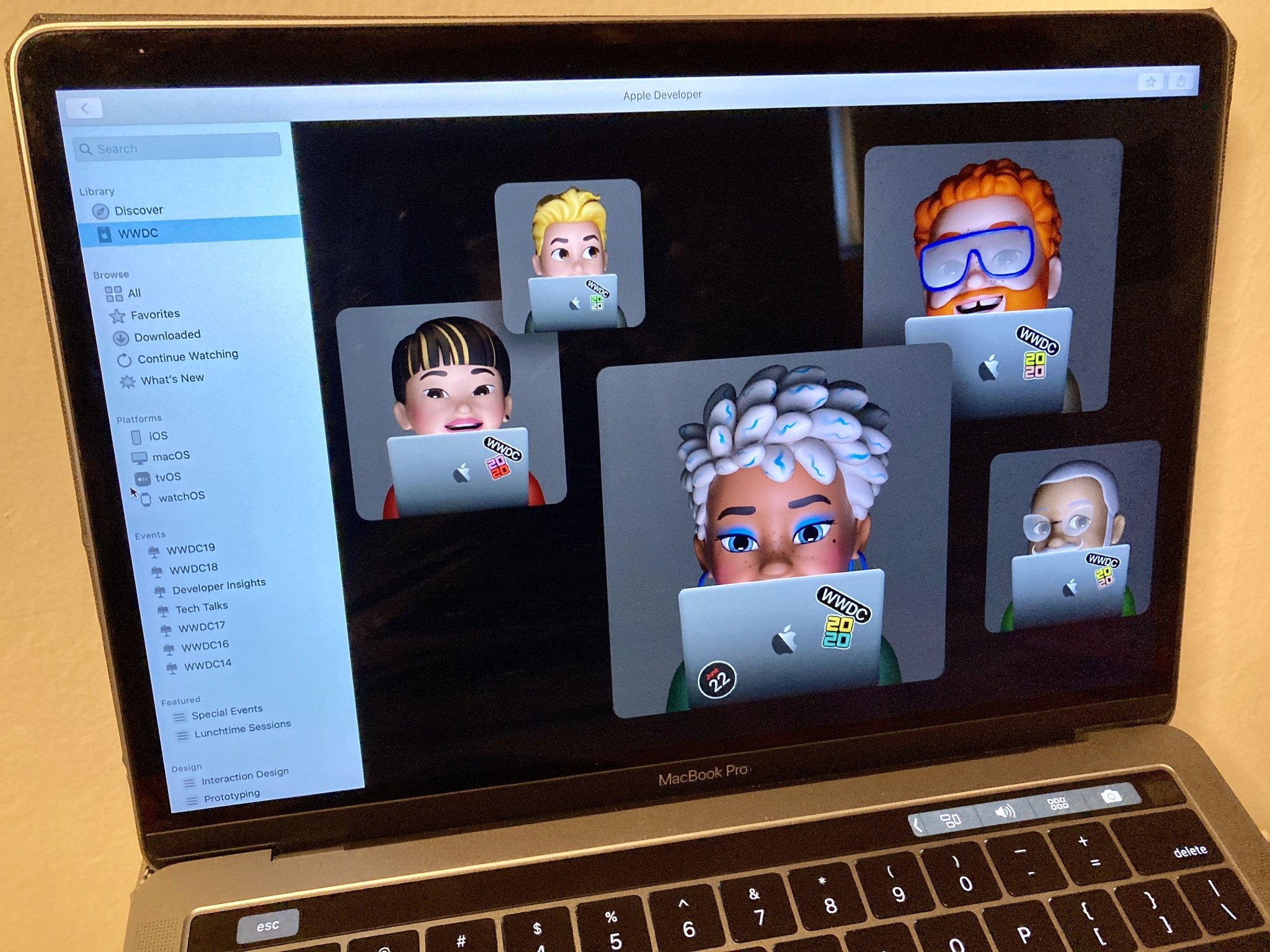How 'deleting' built-in Apple apps works in iOS 10

During the live episode of John Gruber's, The Talk Show at WWDC 2016, senior vice president of software engineering, Craig Federighi, explained how "deleting" Apple's built-in iPhone and iPad apps works in iOS 10.
How does 'deleting' built-in apps work in iOS 10?
Just like an App Store app, you begin the process by holding your finger down on the app you want to "delete". The apps then start to jiggle and an "X" button appears in the top corner. Tap the "X" button and the app is gone.
The difference is, when you delete a built-in app, you don't really delete it. You do remove the icon from the Home screen, the user data is flushed, and the hooks into the system for things like default links and Siri handling are remove. But, it doesn't delete the actual app binary.
There are two reasons for this:
- Apple's built-in apps are very, very small, taking up only 150 MB of storage. That's because they wrap a lot of core functionality and so don't introduce a lot of extraneous code or assets.
- When a version of iOS is released, Apple signs it so your iPhone or iPad can verify it's legitimate and hasn't been tampered with by a third party. That code signing covers the entirety of iOS, including built-in apps. If everyone had different apps, some present, some not, the current form of signing security wouldn't work.
How does 're-downloading' built-in apps work in iOS 10?
To "re-download" a built-in app, you go to the App Store and search for it like any other app. The difference is though, if you tap the "Get" button to re-download it, it doesn't actually have to download any data. Since the binary was never deleted, it just switches the icon back on, resumes saving data, and hooks back into the system.
The reason Apple is using the jiggly mode to hide, and the App Store to un-hide, is so customers have a consistent experience across all apps. What's actually happening is an implementation detail that no customer should ever worry about. All apps are simply added and removed in the same way, providing a consistent experience that matches expectations.
Does this mean Apple can update built-in apps via the App Store?
No. Since Apple isn't really moving the built-in apps to the app store, the company won't be able to update them through the App Store. They're still a required part of the entire, signed and secure, iOS system, and as such get updated as part of the entire iOS system through Software Update.
iMore offers spot-on advice and guidance from our team of experts, with decades of Apple device experience to lean on. Learn more with iMore!
You simply don't have to look at them anymore if you don't want to.
Which built-in apps can be "deleted"?
Some apps are essential to iPhone or iPad working, so can't be "deleted". Most, however, can. Here are the apps you can hide from the home screen with iOS 10 on iPhone or iPad:
- Calculator
- Calendar
- Compass
- Contacts
- FaceTime
- Find My Friends
- Home
- iBooks
- iCloud Drive
- iTunes Store
- Maps
- Music
- News
- Notes
- Podcasts
- Reminders
- Stocks
- Tips
- Videos
- Voice Memos
- Watch app
- Weather
Will you be hiding Apple apps?
Nope. I use almost all of them all the time. For me, personally, they still provide the best and most coherent experience. And the ones I don't use, like Tips or Compass, are so innocuous that it's not worth the effort to hide them. I do like that Apple is giving people the option, though!

○ Everything about WWDC 2020
○ WWDC 2020 remote lineup
○ Download the Apple Developer app
○ iOS/iPadOS 14
○ macOS 10.16
○ watchOS 7
○ tvOS 14
○ Discussion forums

Rene Ritchie is one of the most respected Apple analysts in the business, reaching a combined audience of over 40 million readers a month. His YouTube channel, Vector, has over 90 thousand subscribers and 14 million views and his podcasts, including Debug, have been downloaded over 20 million times. He also regularly co-hosts MacBreak Weekly for the TWiT network and co-hosted CES Live! and Talk Mobile. Based in Montreal, Rene is a former director of product marketing, web developer, and graphic designer. He's authored several books and appeared on numerous television and radio segments to discuss Apple and the technology industry. When not working, he likes to cook, grapple, and spend time with his friends and family.
